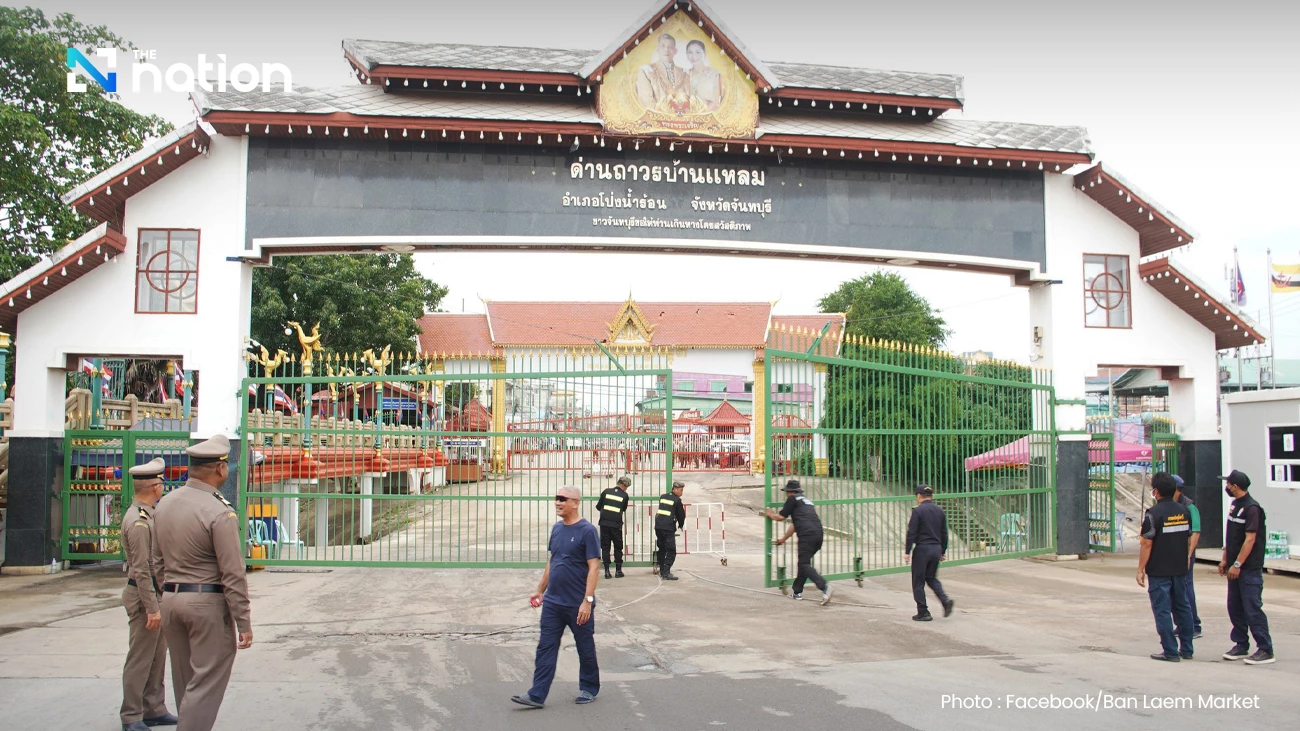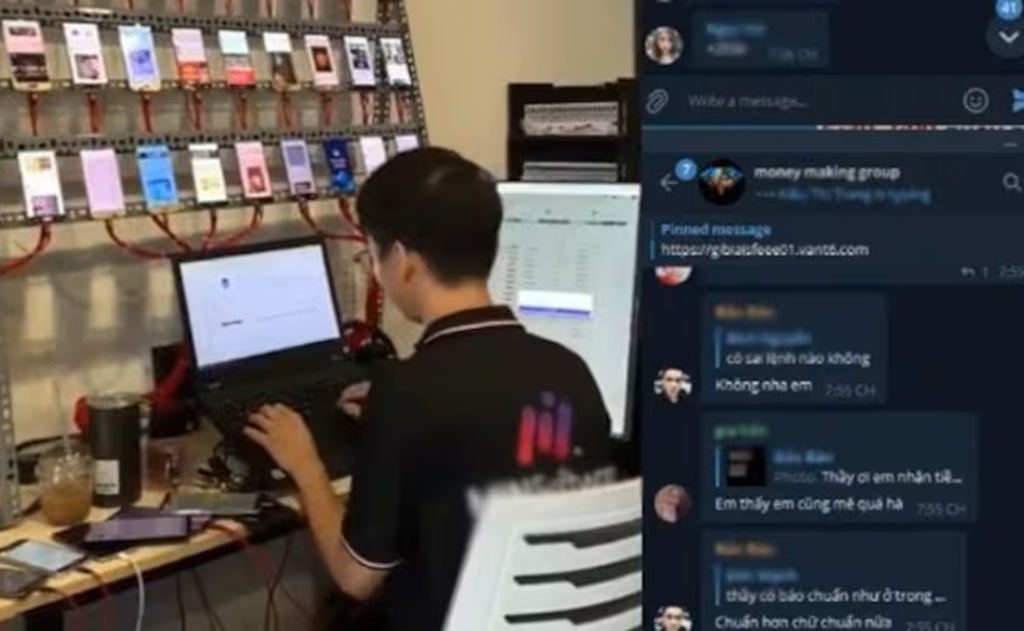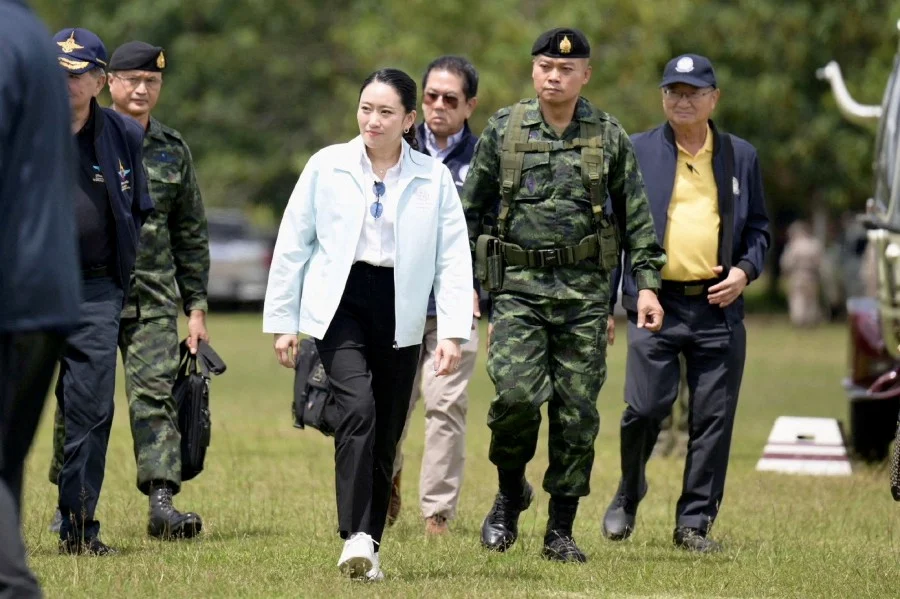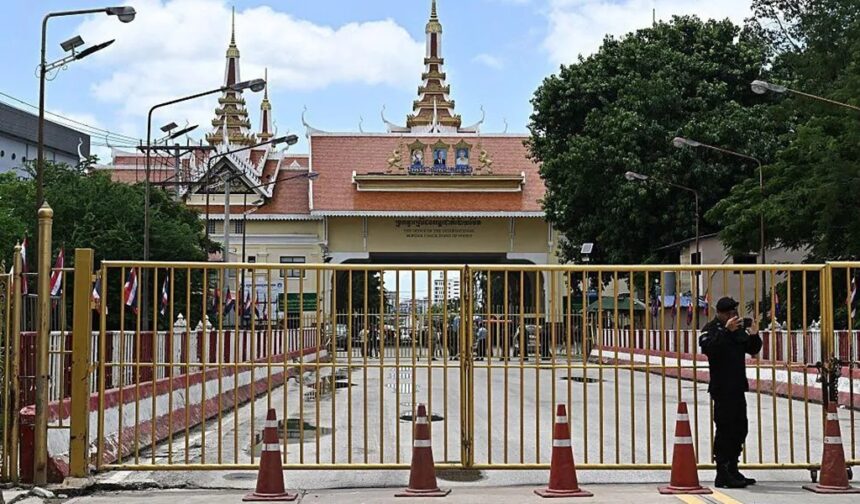BANGKOK – On Monday, Thai authorities enforced almost complete border closures with Cambodia, blocking people and vehicles—including tourists—from crossing at checkpoints in seven provinces, and foreign tourists flying into Siem Reap.
The Thai military also stopped foreign travellers from flying to Siem Reap, Cambodia’s popular tourist city, due to security concerns and efforts to tackle organised crime. These actions come after a revived border dispute and increasing worries about scam groups based in Cambodia, pushing relations to their lowest point in years.
This conflict began with a disagreement over the 817-kilometre boundary, set by French colonial officials in 1907. Matters worsened on 28 May 2025 when fighting broke out in an area near the Emerald Triangle, where the borders of Thailand, Cambodia, and Laos meet.
The brief clash led to the death of a Cambodian soldier. Each country blamed the other for starting the fight. Cambodia said Thai troops attacked their trench, while Thailand claimed its soldiers were defending themselves.
The dispute has fuelled nationalist feelings in both countries. Cambodian Prime Minister Hun Manet pledged to take the fight over four contested border areas—Ta Moan Toch, Ta Moan Thom, Ta Krabei, and Mum Bei—to the International Court of Justice (ICJ). Thailand refuses to accept the ICJ’s authority and has called for direct talks, scheduling the next Joint Boundary Commission meeting for 14 June.
Both sides initially agreed to step back by returning troops to positions held in 2024, but Cambodia’s reluctance to negotiate on four points and Thailand’s new border rules have kept hostilities high. Cambodia responded by banning Thai imports like fruit, vegetables, fuel, films, and TV shows, and also cutting off internet and electricity supplied from Thailand.

Cambodia Border Closures and Travel Limits
On 24 June, Thailand’s military announced that all land crossings in Ubon Ratchathani, Surin, Buriram, Sri Sa Ket, Sa Kaeo, Chanthaburi, and Trat would close to vehicles and travellers, including tourists and traders.
Authorities said exceptions could be made for students or people seeking medical care, based on checkpoint staff decisions. The military cited national security and the need to protect the country as reasons for the closure.
Thailand also stopped foreign tourists flying from Thai airports to Siem Reap, home to Angkor Wat, disrupting a major travel route. Airlines such as Bangkok Airways, Thai AirAsia, and Emirates may be affected. Bangkok Airways, which runs three daily flights from Bangkok to Siem Reap, stated it would not cancel flights but urged passengers to check for travel updates.
The closure has immediate effects on cross-border trade and travel. One of the busiest checkpoints, Aranyaprathet–Poipet, often used by tourists heading to Siem Reap and Battambang, is now closed. Cambodian workers with valid documents can still enter Thailand, but some have seen their visas cut from 14 to 7 days.

Crackdown on Scam Gangs
These border restrictions are also meant to stop scam groups operating in Cambodia. Thai Prime Minister Paetongtarn Shinawatra described these gangs as a major regional threat. Cambodia has become known as a base for cybercrime, with illegal centres employing trafficked workers to run romance scams, fake investments, and illegal betting. A recent UN report estimated these groups earn more than 600 billion baht (about $23.5 billion) per year.
Paetongtarn said Thailand will stop exporting goods, including fuel and electricity, that might benefit these networks. The government also plans to increase checks on financial transactions linked to scams and will work with global agencies like Interpol and the UN Office on Drugs and Crime to break up these networks. Earlier this year, Thailand took similar steps against scam operations in Myanmar, cutting off utilities to towns suspected of harbouring such groups.
Cambodia’s Ministry of Post and Telecommunications has denied the accusations from Thailand, calling them “baseless” and “misleading.” The ministry said Cambodia is committed to fighting cybercrime and supporting cooperation in the region.

Political Fallout in Thailand
These border moves come during a political crisis for Thai Prime Minister Paetongtarn Shinawatra. Her government faces criticism over how she has handled the situation. A leaked call with ex-Cambodian leader Hun Sen, now Senate President, caused public anger in Thailand.
In the recording, Paetongtarn called Hun Sen “uncle” and dismissed a Thai commander’s actions as a show for attention. Critics said she undermined the country’s military, which led to a key coalition partner pulling out of her party’s alliance.
Nationalist groups are now planning protests to call for Paetongtarn’s resignation, saying her approach weakens Thailand’s position. She has apologised, explaining her comments as a tactic in talks and urging the nation to unite.
This Thailand-Cambodia dispute threatens stability across Southeast Asia. The Association of Southeast Asian Nations (ASEAN) urges member states to settle differences peacefully. Mediation efforts by Malaysia’s Prime Minister Anwar Ibrahim and China have so far not eased the situation. The closure of borders and Cambodia’s trade bans could disrupt the movement of fuel and farm goods, with Cambodia previously getting about 30% of its petrol from Thailand.
With both governments standing firm, there is little sign of a quick resolution. Cambodia is pushing for ICJ involvement, while Thailand wants direct talks. Travellers and businesses now face uncertainty as tourism to Siem Reap and cross-border trade slow down. For now, the Thai-Cambodian border stays tense, with security concerns, crime, and old disputes putting pressure on diplomacy in Southeast Asia.














